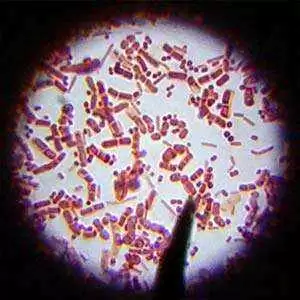
Celiac.com 07/12/2010 - Celiac disease was at one time considered a rare disease. However, celiac is now gaining notoriety as a common genetic autoimmune disease that affects approximately 1% of Western countries. As the celiac epidemic starts to rise, the costs of medical diagnosis and treatments for celiac disease are now being scrutinized.
The study, approved by the Mayo Clinic and Olmsted Medical Center Institutional Review Boards, involved a group of doctors and researchers who compared population-based administrative data of celiac cases and matched controls from Olmsted County, Minnesota in an effort to evaluate: “direct medical costs 1 year pre- and post- celiac disease diagnosis for 133 index cases” and to compare 4-year cumulative direct medical costs incurred by 153 index cases against 153 controls. Total analysis excluded any diagnostic-related and outpatient pharmaceutical costs.
Celiac.com Sponsor (A12):
The impacts of diagnostic costs for celiac disease were determined by comparing the costs accrued one year before and one year after receiving a positive celiac diagnosis. Services and costs were identified as related to the celiac diagnosis and included serological testing, endoscopy, surgical pathology and consultation and bone densitometry.
One-hundred and fifty-three celiac patients and one-hundred and fifty-three matched controls were evaluated for medical costs that were associated with celiac disease over a four-year observation period. During that four-year period, total cumulative medical costs were observed for those patients with celiac disease.
Following a celiac diagnosis, total direct medical costs were decreased by an average of $2,118 per year. Average costs decreased by $1,764, and over a 4-year period, celiac patients experienced higher outpatient costs and higher total costs when compared to the controls. Total excess costs were more significantly concentrated among celiac males.
From this study, scientists were able to conclude that associated celiac disease costs indicate a profound economic burden specifically for males with celiac disease. Accurate diagnosis of celiac disease and appropriate treatments for celiac significantly reduces direct medical care costs. From this, it is evident that there is an economic advantage to early diagnosis of celiac disease.
Source:
- Open Original Shared Link






.thumb.jpeg.68baa0c544d6e8650c8d7d90634190c3.jpeg)



Recommended Comments